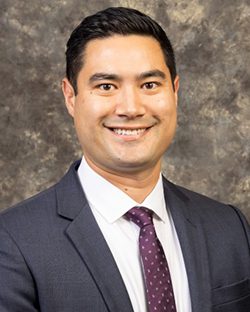Shoulder & Elbow Pain
Common Causes of Shoulder & Elbow Pain
Shoulder
Your shoulder joint is made up of the upper arm bone (humerus), the shoulder blade (scapula), and the collarbone (clavicle). A ball on the top of your humerus fits into a socket (glenoid) in your shoulder blade. The rotator cuff, a combination of muscles and tendons, attaches the head of your humerus to your shoulder blade and keeps the joint stable.
Elbow
The elbow joint is made up of the two bones of the forearm—the radius on the thumb side of the arm and the ulna on the small finger side—and the upper arm bone, the humerus. Like all joints, it’s surrounded by ligaments, tendons and muscles that work with the bones to allow you to lift and twist your lower arm.
Meet Your Shoulder & Elbow Surgeons
Meet Your Non-Surgical Orthopedic Doctors
Is your shoulder & elbow pain bothering you?
Schedule an appointment with Sports Medicine
Contact our Sports Medicine physicians for a treatment plan tailored to you. Call (859) 212-5600 to make an appointment.
Surgical Options
If surgery is necessary, our physicians can provide a referral to one of our affiliated orthopaedic surgeons. For more information on surgical options, please contact us at [email protected].













